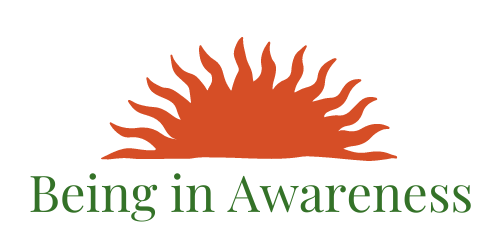I am looking at what kind of world would I like to live in and leave for the next generations.
This begs the question: What steps can I take today, that will create that future?
The current situation in pricing is that I decide what my "item" is worth and you, the customer, decide if you want to pay as much or not. What criteria are both of us using to come to the respective decisions? They are arbitrary and do not look from a bigger perspective.
Choosing to go by donation, I have to know that the universe is abundant, that there is actually no scarcity and that it is supporting us. Looking at nature, I know that abundance is a natural state. For instance, the sun does not charge for shining, nor do the rain or the snow for providing water. The trees do not charge for producing oxygen and shade, nor do the flowers for creating beauty. If I really look at our human world, people do not have to pay their mothers for being born, rather it is a mutual support - the mother supports me in growing up and I support the mother when getting old. Also, I have to understand that there is a mystery in the process. I do not receive directly and in proportion. I trust the process and know I will be taken care of.
Offering "items" by donation has nothing to do with planning on being poor. That would require a scarcity mentality which is so prevalent in today's world, at least in the western world. If I truly gift, the one truly receiving the gift is gifting back. That may be in the form of gratitude, that may be in the form of paying it forward, that may be in the form of a larger donation due to financial abundance, or in other ways.
Working in the gift economy is not ignoring that there are people who will just take; rather it is acknowledging the prevalence of the poverty, not necessarily of financial poverty, that exists in our world. Things used to be crafted with a sense of beauty in mind, today they need to be as cheap as possible. That is poverty. Is it possible to bring beauty and abundance back as part of our world or will we be become even poorer? The answer will be different for each person.
The harder thing for me was dealing with the advice to charge because the more you charge the more people take what you offer seriously and work with it; the more one is seen as a professional who has value. The question I have can someone even pay for what a person is worth? Can someone truly pay for what I 'paid' financially, in form of life lessons and the contemplative time to learn what I now know? I had to let go of control, let go of all the assumptions and conclusions I have come to.
Transitioning to a gift economy does not happen overnight. Yes, I was inspired when I came across it for the first time. I wrote about it in a blog article. Initially, I copied what I thought I understood. And there was more to it, It went deeper, as I have been learning about specific underlying aspects, I am now ready to step into working with what I call a hybrid gift economy. As part of my journey, I have been transitioning to those ways of being for some time already.
Course Costs
The information field above the registration button will let you know if the cost is based 100% on donation or if there is a minimum donation. Basically, I have chosen to make most digital products donation based and live products, those where I am present with participants, have a minimum donation.
When deciding on the donation amount, keep in mind what a similar course or item may cost and give what feels fair to you. I get that, at times, it is difficult to know how much something is impacting one's life, how much something is worth to you personally. There is the possibility to donate in addition to a "purchase" in order to support me and my work. This is received in deep gratitude for your being.
